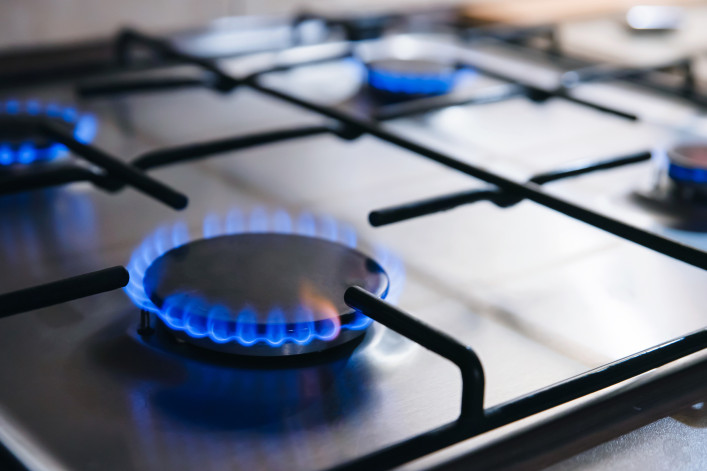If we convert our co-op building from gas to electric, will it hurt sales?
We live in a 100-year-old co-op building. Now that the city is testing building gas lines, we are considering shutting down all gas lines and converting our building to electric. Could this cause apartments to decline in value?
Many New Yorkers do prefer to cook on gas stoves, so converting to electric could narrow your co-op's buyer pool, our experts say. On the other hand, converting to electric will help to reduce emissions for the building.
"Buyers are still wedded to their gas stoves—people love to use the flame to cook. And in general, electric heat is historically more expensive," says Deanna Kory, a broker with Corcoran. "Those are the two main reasons people prefer gas to electricity."
However, there are a few compelling reasons to make the switch. Local Law 152, passed in 2016, goes into effect this year and requires inspections of gas lines by a licensed master plumber every four years. The city has become more cautious about gas leaks in the wake of gas-related explosions in Harlem in 2014 and the East Village in 2015, and if inspections turn up any issues in your building, the gas could be shut down. And once that happens, it can take quite a while for service to be restored.
In addition to sparing you inspection-related headaches, converting to electric could help to cut down on emissions. In 2014, Mayor Bill de Blasio set a goal of reducing greenhouse gas emissions in NYC by 80 percent by 2050; some cities are tackling the emissions issue by banning the use of natural gas in new construction entirely.
There is disagreement on how much conversion to electric will cut emissions, however, given that electricity used to power large buildings often comes from coal and gas plants.
If your building does decide to go ahead with the conversion, induction cooktops offer a workarounds for residents and buyers who want to avoid cooking on conventional electric stoves, Kory notes. "But in terms of value, because there’s a segment of the population that prefers gas to electric, that narrows the buyer pool. And whenever the buyer pool is narrowed, the chance for devaluation is greater. And in a market where people are going to be picky, it could put an owner in a position of having to sell for a lower price."
Trouble at home? Get your NYC apartment-dweller questions answered by an expert. Send your questions to experts@brickunderground.com.
For more Ask an Expert questions and answers, click here.
You Might Also Like































